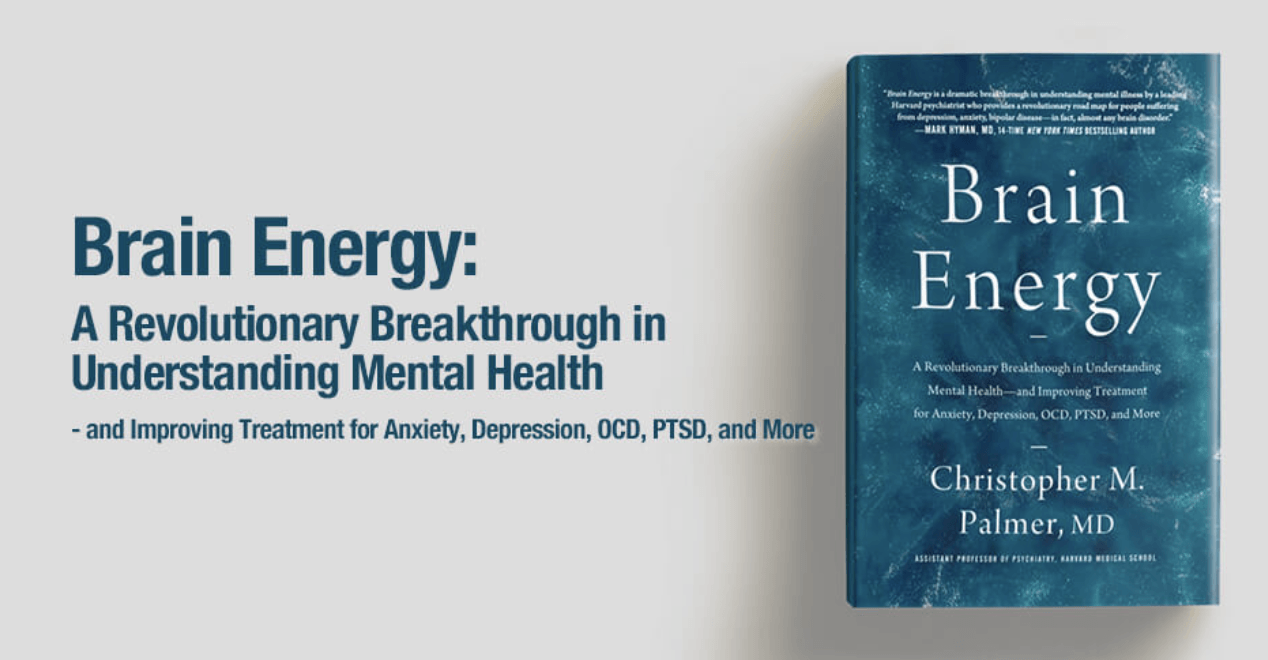Depression Resolved With Dietary Changes
Podcast Interview With Functional Wellness Practitioner, Mel Wardhaugh
Mel Wardhaugh, struggled with horrible bloating and stomach pain that began in Jr. high school. Things continued to get worse over the years for her until eventually, she experienced suicidal ideations, depression, and anxiety which severely impacted her ability to mother her three children. Mel tried every diet under the sun until she finally resorted to listening to her body and letting it guide her. On this journey, she learned the importance of letting go of her false beliefs about veganism which were making her sick and fueling her mental illness. Today, Mel is free of all of these symptoms since changing her diet and is a Functional Wellness Practitioner, who helps people with poor digestion and low energy get back to feeling like themselves again.
Connect with Mel Wardhaugh:
http://www.melwardhaugh.com
FB: Mel Wardhaugh Functional Wellness
IG: primal_gut_detective
Brain Energy: A Revolutionary Breakthrough in Understanding Mental Health – and Improving Treatment for Anxiety, Depression, OCD, PTSD, and More

I cannot possibly mention mental illness and diet here and not bring your awareness to Dr Palmer's brand new book called Brain Energy, which is changing the face of psychiatry. I highly recommend Dr.Palmer's book!
The interview below this article is absolutely stunning and further illuminates the connection between brain health and metabolic health.
He has developed the first comprehensive theory of what causes mental illness, integrating existing theories and research into one unifying theory—the brain energy theory of mental illness. You can learn more in his new book Brain Energy: A Revolutionary Breakthrough in Understanding Mental Health—and Improving Treatment for Anxiety, Depression, OCD, PTSD, and More.
This is the book that will forever change the way we understand and treat mental health. If you or someone you love is affected by mental illness, it might change your life.
We are in the midst of a global mental health crisis, and mental illnesses are on the rise. But what causes mental illness? And why are mental health problems so hard to treat? Drawing on decades of research, Harvard psychiatrist Dr. Chris Palmer outlines a revolutionary new understanding that for the first time unites our existing knowledge about mental illness within a single framework: Mental disorders are metabolic disorders of the brain.
Brain Energy explains this new understanding of mental illness in detail, from symptoms and risk factors to what is happening in brain cells.
Palmer also sheds light on the new treatment pathways this theory opens up – which apply to all mental disorders, including anxiety, depression, ADHD, alcoholism, eating disorders, bipolar disorder, autism, and even schizophrenia.
Brain Energy pairs cutting-edge science with practical advice and strategies to help people reclaim their mental health.
This groundbreaking book reveals:
- Why classifying mental disorders as “separate” conditions is misleading
- The clear connections between mental illness and disorders linked to metabolism, including diabetes, heart attacks, strokes, pain disorders, obesity, Alzheimer’s disease, and epilepsy
- The link between metabolism and every factor known to play a role in mental health,
- including genetics, inflammation, hormones, neurotransmitters, sleep, stress, and trauma
- The evidence that current mental health treatments, including both medications and therapies, likely work by affecting metabolism
- New treatments available today that readers can use to promote long-term healing
Tim Ferris Interviews Dr. Palmer-Brain Energy For Mental Health
Dr. Christopher M. Palmer (@chrispalmermd) is a Harvard psychiatrist and researcher working at the interface of metabolism and mental health.Dr. Palmer is the director of the Department of Postgraduate and Continuing Education at McLean Hospital and an assistant professor of psychiatry at Harvard Medical School. For over 25 years, he has held administrative, educational, research, and clinical roles in psychiatry at Harvard. He has been pioneering the use of the medical ketogenic diet in the treatment of psychiatric disorders—conducting research in this area, treating patients, writing, and speaking around the world on this topic.
Amber O'Hearn's Battle With Major Depressive Disorder
Canadian born Amber O’Hearn, M.Sc., is a data scientist by profession with a background in mathematics, computer science, linguistics, and psychology. After moving to the U.S., she began experimenting with different forms of diet, in order to retain her health and balance her mental state.
Dr. Georgia Ede Speaks About Nutritional Psychiatry
Dr. Ede was the first and only psychiatrist at Harvard University Health Services to offer nutrition consultation as an alternative to medication management to students, faculty and staff. Her areas of expertise include ketogenic and pre-agricultural diets, food sensitivity syndromes, and college mental health. She explores food’s powerful effects on brain chemistry, hormonal balance and metabolism for Psychology
Start Producing Ketones In 5 Days

Contact Us
We will get back to you as soon as possible.
Please try again later.
Connect with me on social media...
Linkedin: www.linkedin.com/in/mary-beauchamp-rn
FB Page: https://www.facebook.com/ketogenicdietcoach
YouTube Channel: http://www.youtube.com/c/MaryBeauchampRN
Instagram: https://www.instagram.com/ketogenicdietcoach/
Twitter:
https://twitter.com/ketodietcoach
Mary Beauchamp
Best Selling Author
Registered Nurse
Ketogenic Diet Specialist
GAPS™Certified Practitioner
(Gut and Psychology Syndrome)
Mary Beauchamp’s deepest intention is to set people free. Her mission is to make people aware and conscious so that with that awareness, they can begin to heal and live deeply meaningful, integrated and empowered lives.
Drawing from her experiences growing up on a farm, raising her four children and traveling the world, her work provides a road map for health transformation through unlocking the body’s innate intelligence to heal and thrive.
Mary works with a team of Naturopathic doctors. She offers coaching programs, and retreats. You can learn more about her work by visiting her website, www.ketogenicdietcoach.com. Mary is passionate about re-educating people about nutrition. She invites you to experience your body as a master communication system and facilitates this sacred encounter within.













